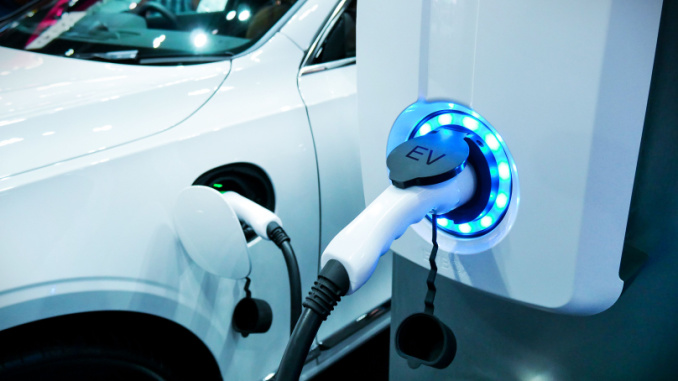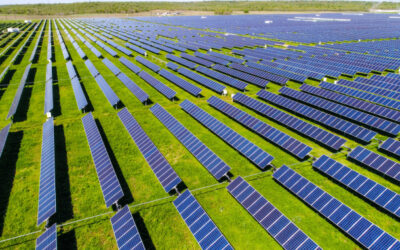By Dr. Thomas Patterson |
Electric vehicles have become the centerpiece of the plan to ward off climate change by drastically reducing greenhouse gas emissions. The Biden administration seems to feel that if we can just get people to plug in their cars to a non-emitting electrical socket instead of filling up with carboniferous fossil fuels – voila! By 2050 we’ll be at zero-carbon emissions, no problem.
That would be a nice world, but it’s not the one we live in. In fact, EVs check virtually every box indicating an unrealistic policy bound for failure.
For starters, personal vehicles aren’t even the right target, despite the claim of the Union of Concerned Scientists that they are a “major cause of global warming.” The New York Times agrees that cars are a “major driver of climate change.”
Really? Transportation globally accounts for 20% of total emissions, but cars and vans are only 8% while personal vehicles, because they accumulate less mileage, generate just 3% of all emissions. But the U.S. owns just 12% of the world’s cars. That means that just 0.36% is the global carbon reduction we would achieve if every American car were electrified and if all carbon emissions were thereby eliminated.
But it gets worse. EVs don’t necessarily reduce carbon emissions at all. Energy must still be produced to power them, like any other car. It just happens in a different location.
The net emissions of an EV depend on how its electricity is generated. Since fossil fuels still generate the bulk of our power, many EVs are a little more than carbon neutral. Moreover, the manufacture and eventual disposal of the required batteries are intensely energy consuming.
California, New York, and other states plus the EU have promised to be fully EV by 2035. But these states are already straining under the increased demands of a power-hungry world even without EVs.
The task of fueling all these EVs would be overwhelming. According to one estimate, achieving a “net-zero economy” for New York would require building 2,500 giant, 680-foot tall turbines, which would hopefully generate electricity 40% of the time.
The turbines would require 110,000 tons of copper alone, for which 25,000,000 tons of copper ore would have to be mined and processed, after removing 40,000,000 tons of overlaying rock. Then, birds, bats, and endangered species would be regularly massacred by the millions. And that’s only for one state.
The unwelcome fact is that sustainable fuel sources have received massive subsidies for years to “help them get started.” Yet wind, solar, and other minor sources of energy still produce just 12% of global demand and have yet to demonstrate the potential to replace fossil fuels in the future as the main source of energy for EVs.
EVs are more popular with green activists than with drivers. They accounted for just 5.8% of all auto sales last year, despite being heavily subsidized. Buyers benefit from generous production subsidies, from fueling subsidies, from special driving privileges such as use of HOV lanes, and are unfairly excused from participating in the fuel taxes which fund road construction and repair.
Yet most consumers still find the extra cost of an EV is not justified. Automakers, with the notable exception so far of Tesla, are beginning to feel the pinch. Many were bull rushed into EV production by government pressure and subsidies as well as fear of getting left out of the presumed coming boom market.
But now Ford, for one, expects to lose $3 billion on EV production this year. Volkswagen is cutting back on EV production as well, stating that “we are noticing customer reticence quite vehemently in the electric world.” It’s going to take a mountain of subsidies and mandates to get anywhere near 100% EVs by 2035.
There are other big problems too. The batteries average 1,000 pounds or so in weight, resulting in excessive wear to roads and bridges. Collisions are more damaging – for the other guy. There are not nearly enough mines, metals, and minerals on earth to supply EV battery manufacture. EVs are an ineffective solution to an exaggerated problem. We can only hope environmental alarmists come to their senses before their unrealistic dreams bankrupt us all.
Dr. Thomas Patterson, former Chairman of the Goldwater Institute, is a retired emergency physician. He served as an Arizona State senator for 10 years in the 1990s, and as Majority Leader from 93-96. He is the author of Arizona’s original charter schools bill.








